Q&A: “So using “jibun” can work as a personal pronoun?”
anonymous said: hey i saw your post about how to say you’re NB in japanese and that’s super cool but i have a question. So using “jibun” can work as a personal pronoun? because i’ve seen it as such but i also thought it was closer to use it for the word “oneself” rather than a simpler “i” or “me”. Also it might mean “yourself” in kansai dialect or something? Could you expand on that if it’s not too much trouble? please and thanks ( re: this post ) 自分 (”jibun”) is a reflective pronoun that generally refers back to the person using it. how it translates into English is simply a matter of grammar (ie. what grammatical role it’s serving within a sentence). 例 / example: ※ 自分は別に納豆が嫌いなわけじゃないけどさ… JP: jibun wa betsu ni nattou ga kirai wake janai kedo sa… EN:it’s not like i particularly hate natto or anything, but… ※自分の誕生日さえも忘れちゃって、超恥ずかしい。…



















